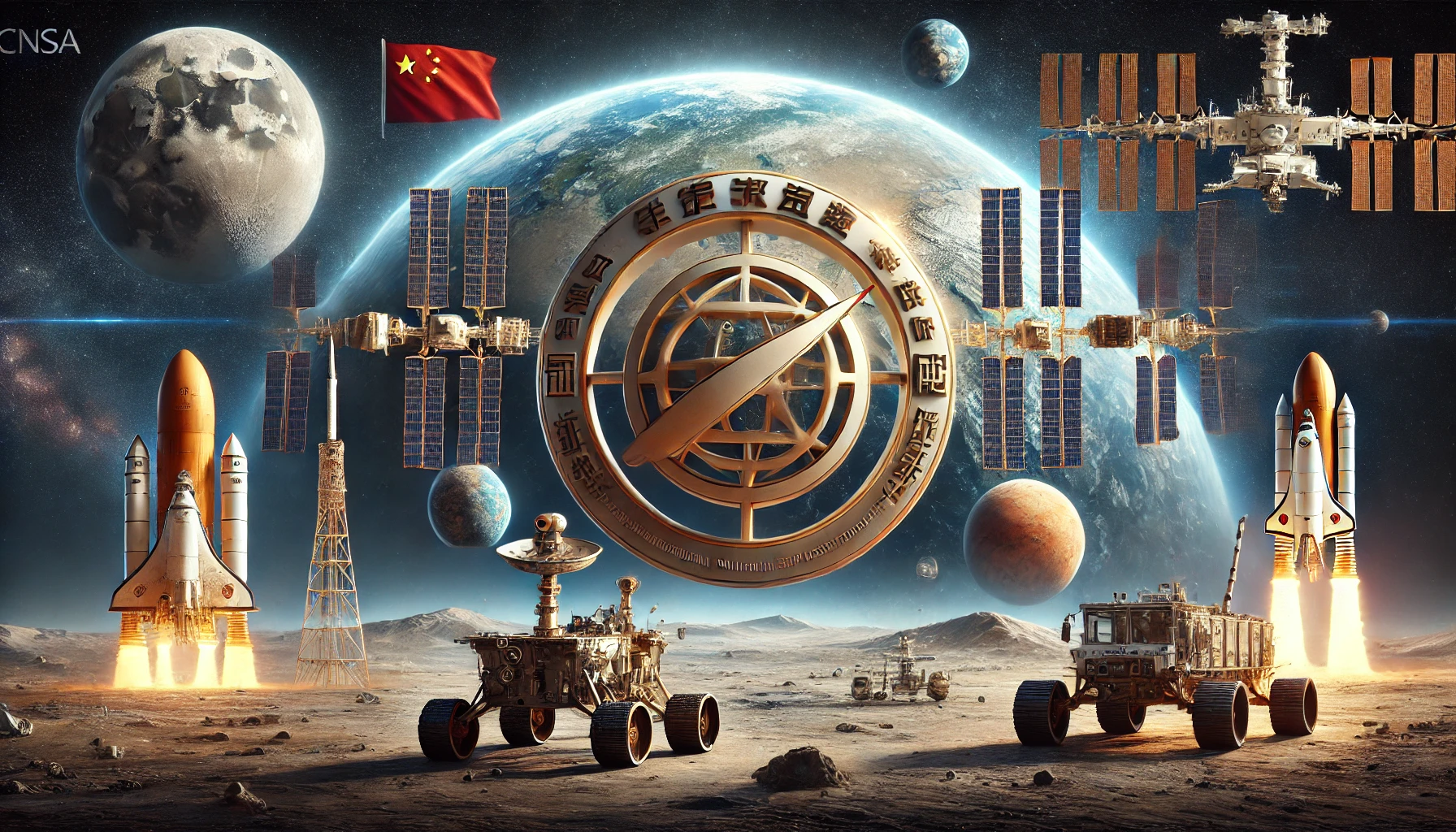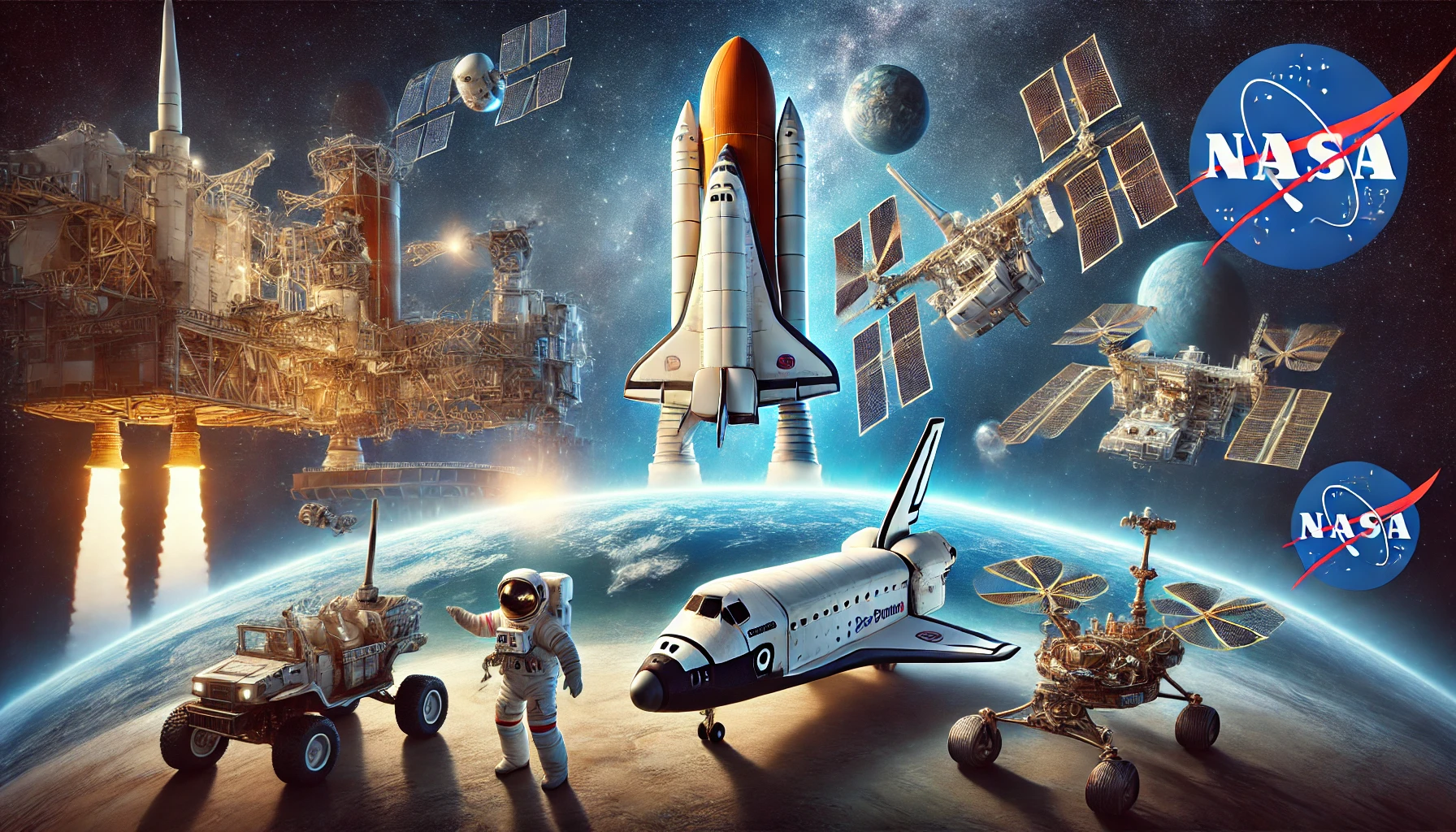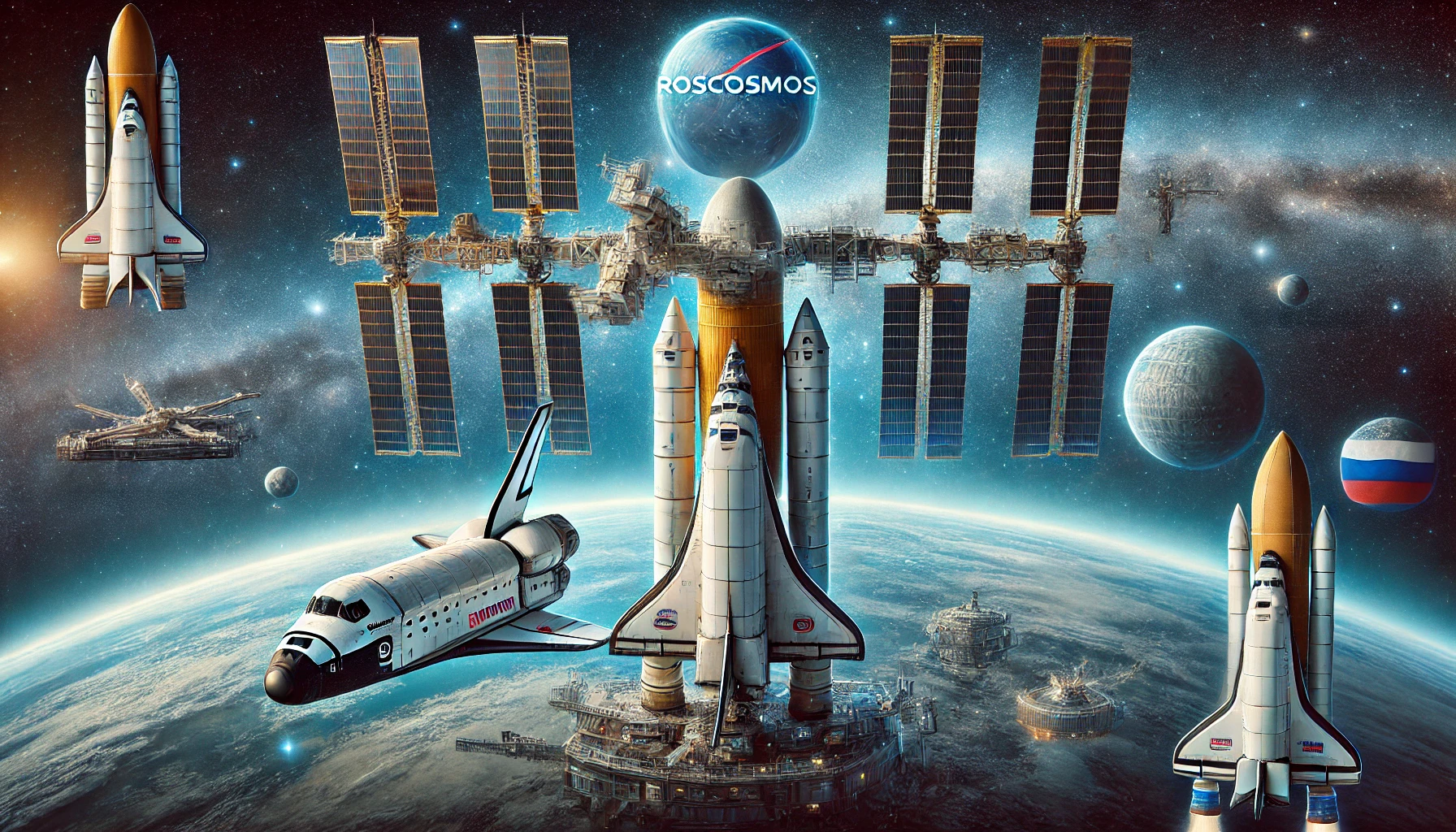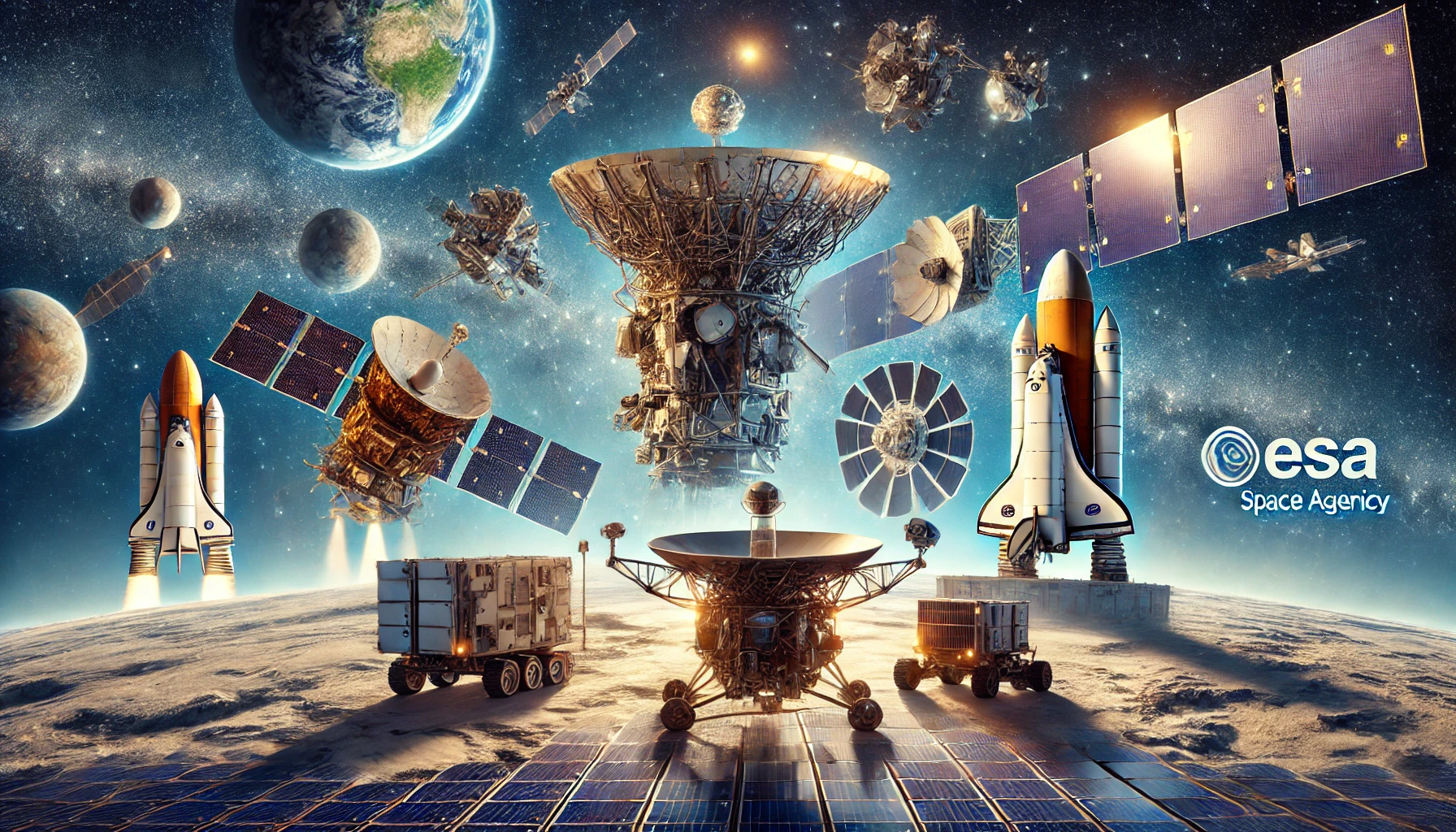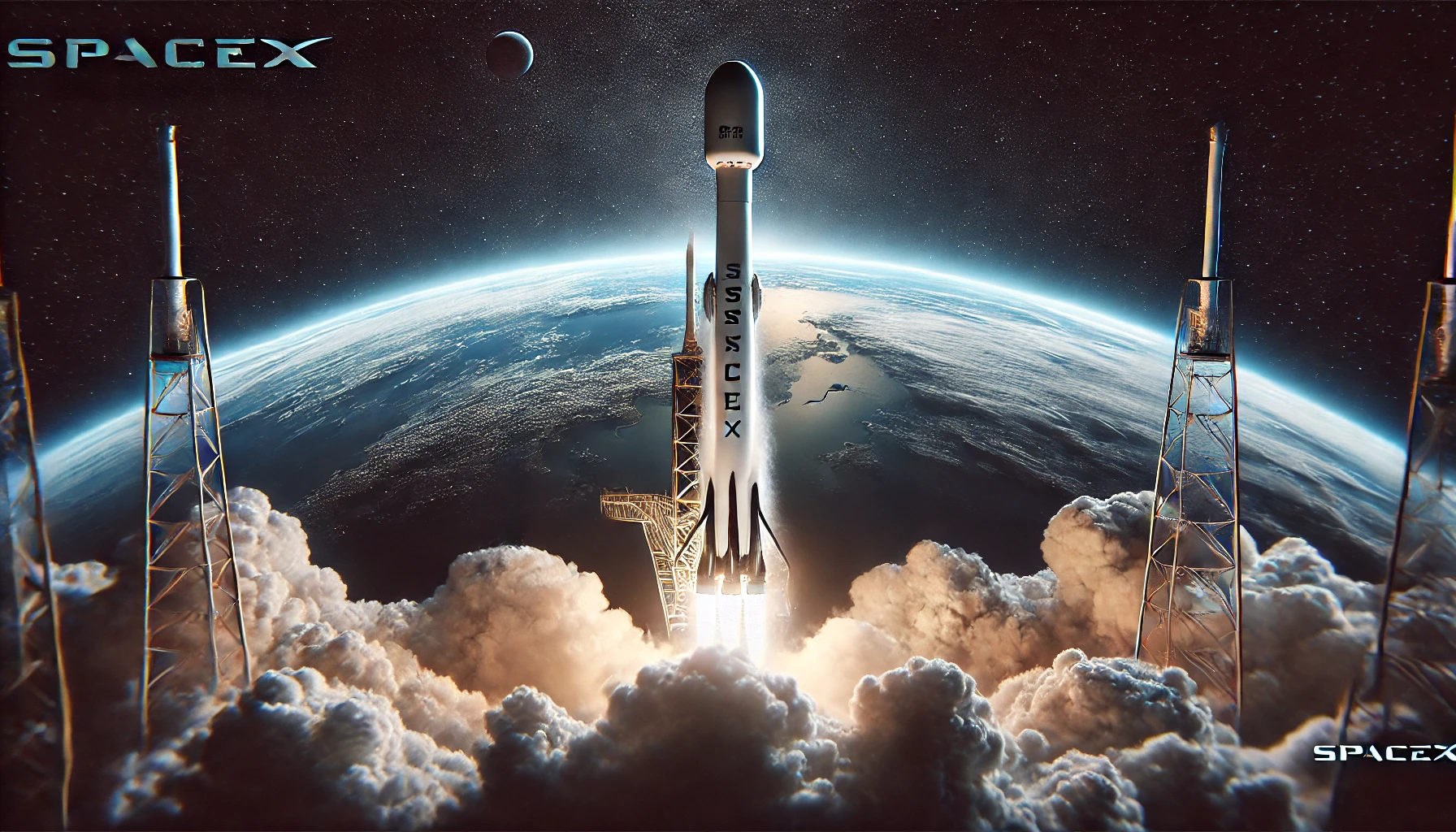CNSA, the China National Space Administration, has emerged as a major player in the global space exploration arena. Established in 1993, the agency has made significant strides in advancing China’s capabilities in space technology and exploration. This comprehensive guide will explore CNSA’s history, key missions, current projects, and future goals, offering an in-depth look at the agency’s contributions to space exploration.
Contents
History of CNSA
The China National Space Administration was established in response to the growing need for a dedicated space agency to manage China’s space activities. Building on the legacy of earlier Chinese space programs, the agency has overseen a wide range of missions, from launching satellites to sending astronauts into space. One of its early achievements was the successful launch of the Dong Fang Hong 1 satellite in 1970, which marked China’s entry into the space race.
Since its establishment, the agency has been responsible for numerous significant achievements. In 2003, it successfully launched its first manned mission, Shenzhou 5, carrying astronaut Yang Liwei into orbit. This milestone made China the third country to send humans into space independently, following the Soviet Union and the United States.
Key Missions
Over the years, the China National Space Administration has undertaken numerous missions that have expanded our knowledge of space and demonstrated China’s growing capabilities. Here are some of the key missions:
- Chang’e Program: This lunar exploration program aims to explore the Moon, with successful missions such as Chang’e 3, which landed a rover on the lunar surface in 2013, and Chang’e 4, which achieved the first soft landing on the far side of the Moon in 2019.
- Tiangong Space Station: The agency has launched a modular space station, Tiangong, which serves as a platform for scientific research and international collaboration. The first module, Tianhe, was launched in 2021, with plans for completion and full operational status achieved in 2022.
- BeiDou Navigation Satellite System: China’s global navigation satellite system provides accurate positioning and timing information, competing with the US GPS system.
- Tianwen-1 Mission: In 2020, the agency launched its first independent mission to Mars, Tianwen-1, which successfully entered Mars orbit and deployed a rover, Zhurong, to explore the Martian surface.
Current Projects and Future Goals
The China National Space Administration continues to lead in space exploration with several exciting projects and ambitious future goals. The agency is actively developing its space station, Tiangong, with plans to enhance its capabilities and extend its lifespan. This space station will support long-term human habitation and scientific research.
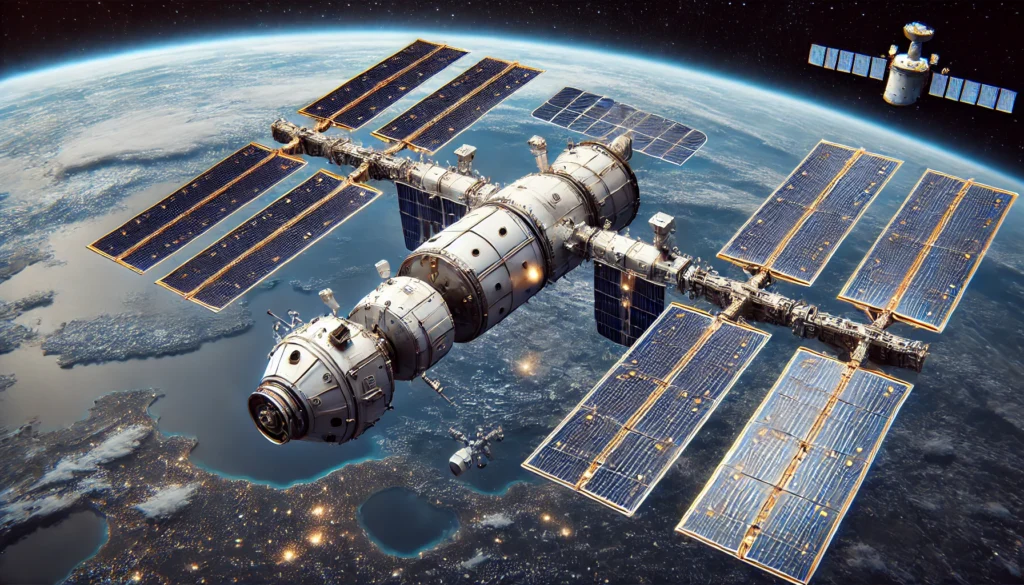
Another significant project is the Chang’e lunar program, which aims to return lunar samples to Earth and establish a research station on the Moon. Additionally, the agency is planning future Mars missions and exploring the possibility of sending Chinese astronauts to Mars.
For more detailed information on current missions and future plans, visit the official CNSA website.
“The contributions to space exploration showcase China’s dedication to scientific progress and international collaboration. Each mission brings us closer to uncovering the mysteries of the cosmos.” – Author’s Note
Final Thoughts about CNSA
The role in space exploration is indispensable. From groundbreaking missions like the Chang’e lunar program and the Tiangong space station to ambitious future projects, the agency has consistently pushed the boundaries of what is possible. As we look to the future, ongoing projects and collaborations promise to unveil even more of the universe’s mysteries. For those passionate about space, the China National Space Administration remains a beacon of innovation and inspiration. To stay updated on its endeavors, you can visit the official CNSA website.
The future of space exploration is bright, with the agency playing a crucial role. With continued support and innovation, we can expect to see incredible advancements and discoveries that will shape our understanding of the cosmos for generations to come. Each new mission and project not only contributes to our scientific knowledge but also inspires the next generation of scientists, engineers, and explorers, demonstrating the limitless possibilities that lie ahead. The commitment to collaboration and innovation ensures that China will remain a vital player in the global space exploration community.

